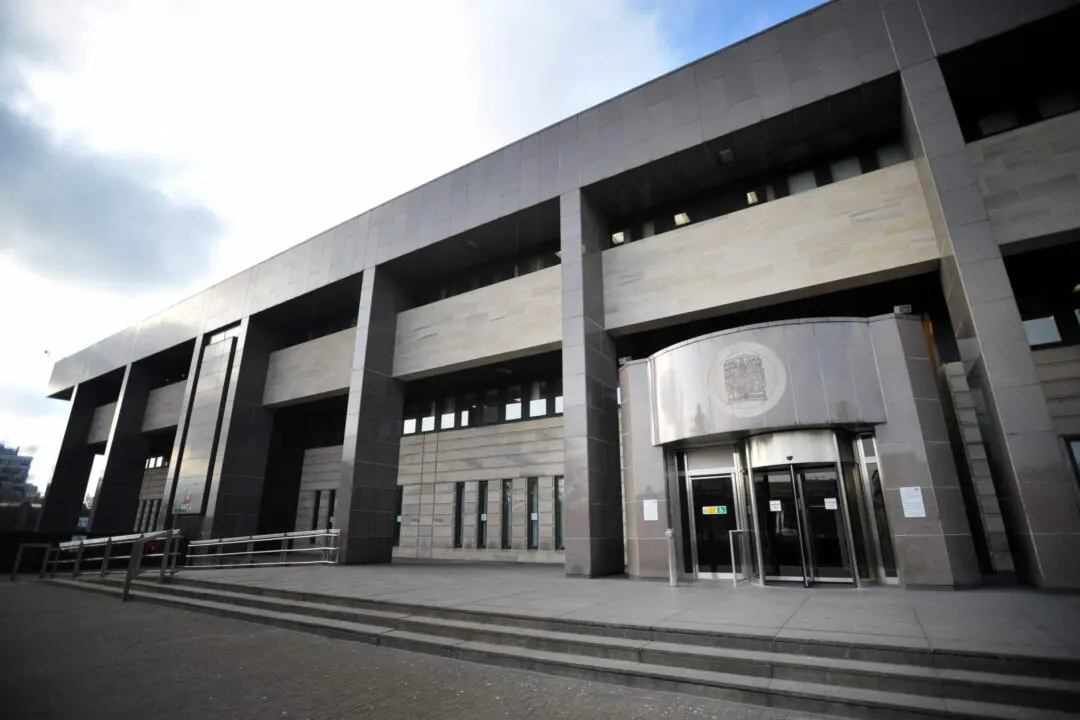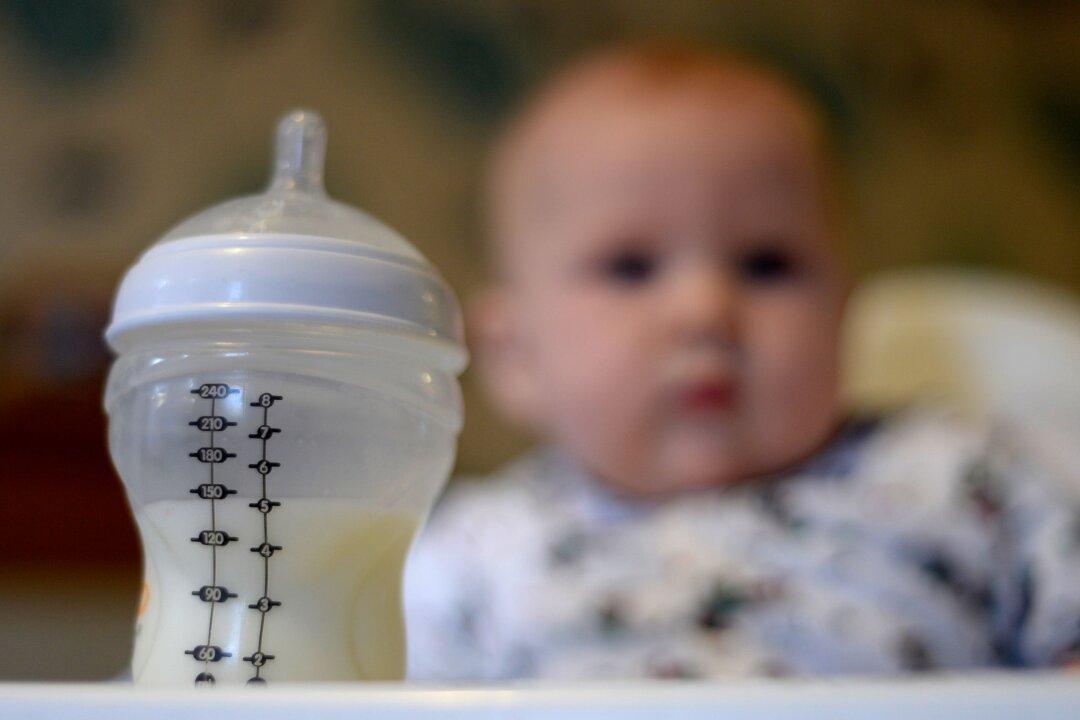Talks aimed at ending the deadlock over the implementation of the Brexit Withdrawal Agreement in Northern Ireland have ended without a breakthrough.
Following a three-and-a-half hour meeting with European Commission Vice President Maros Sefcovic in London, Brexit minister Lord Frost said they had had a “frank and honest” discussion and had agreed to continue the negotiations.




